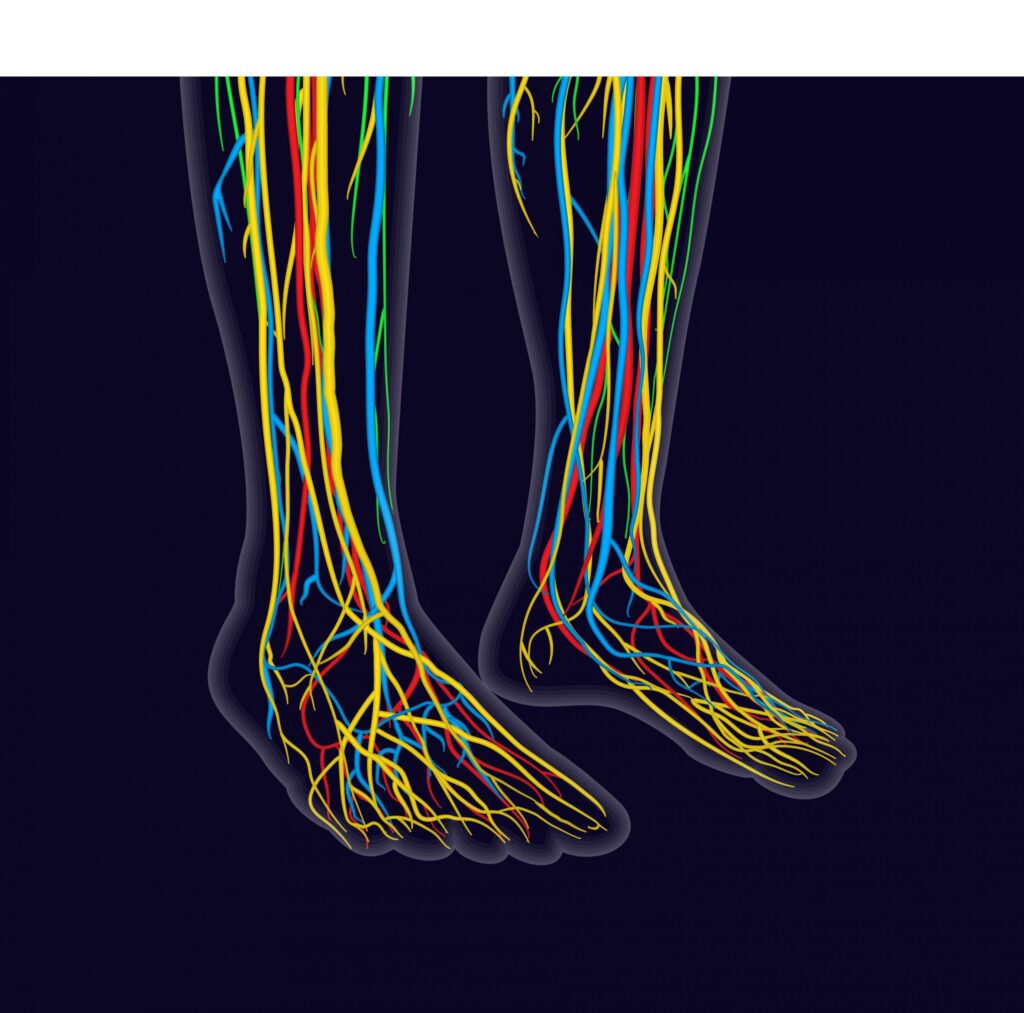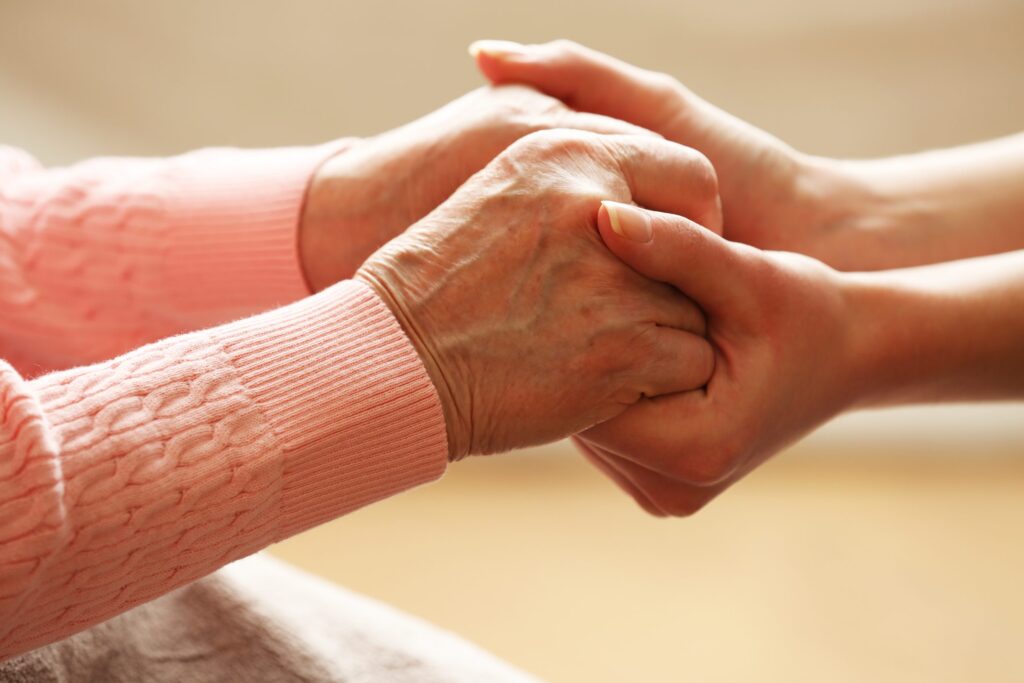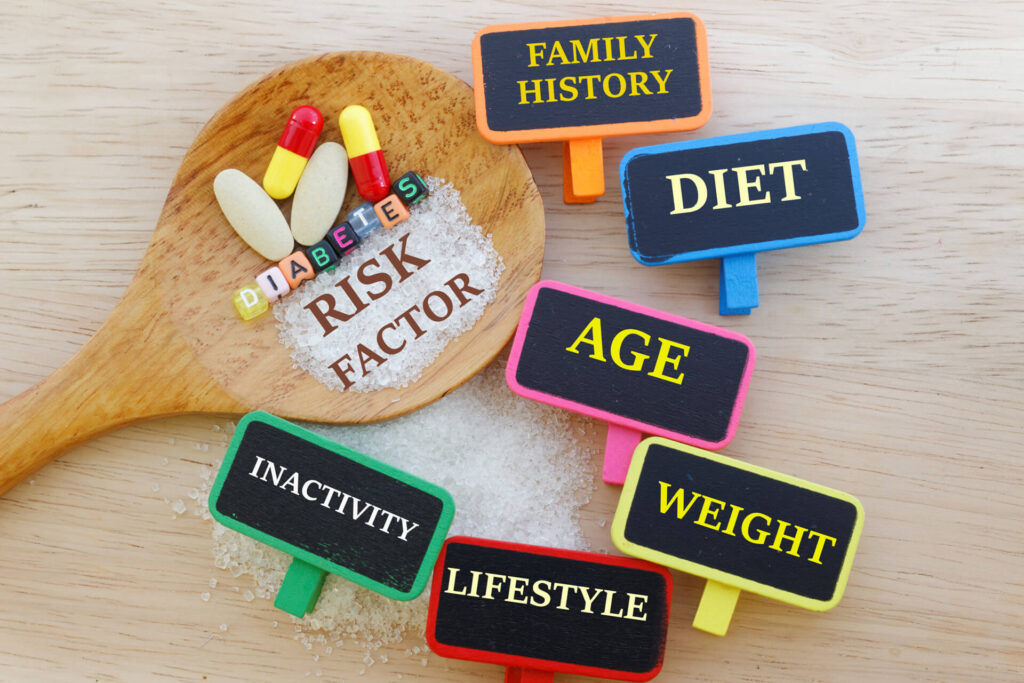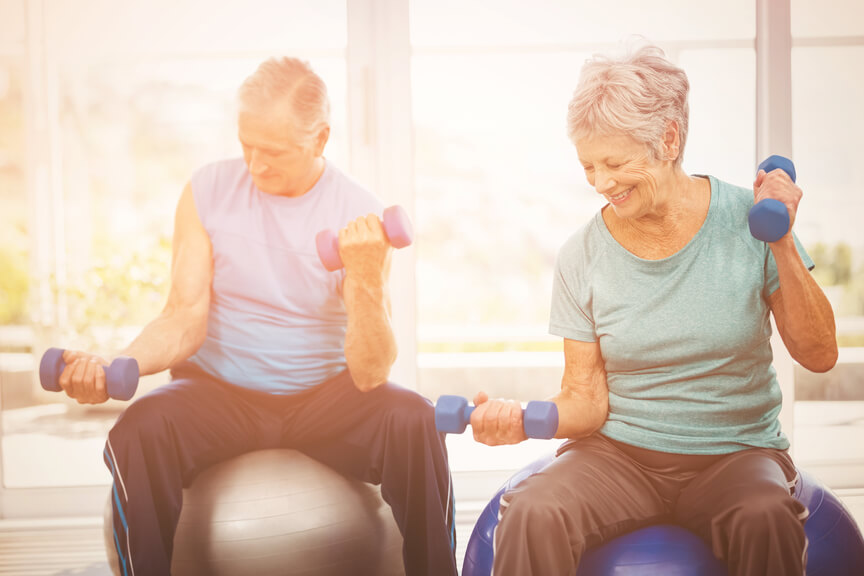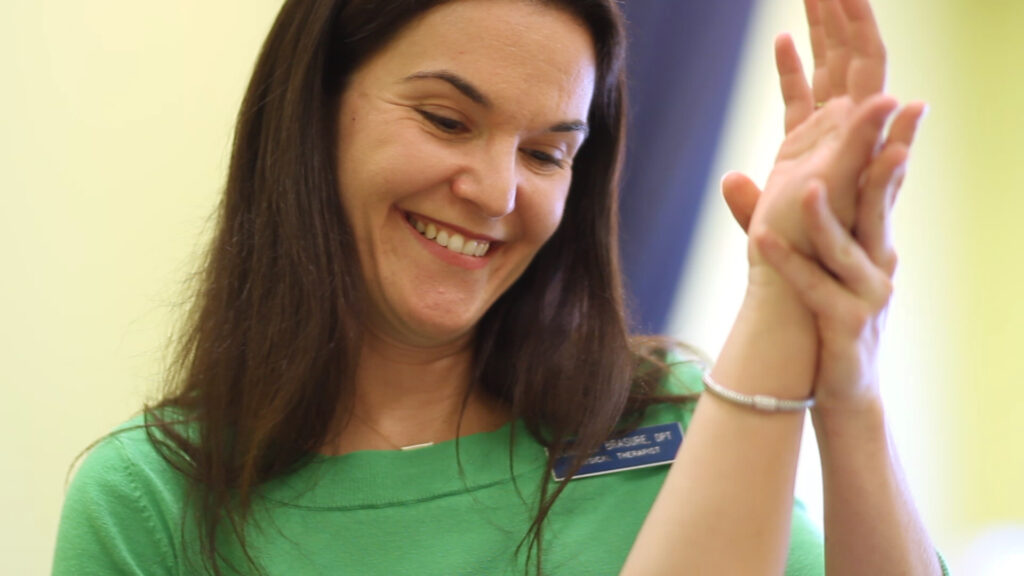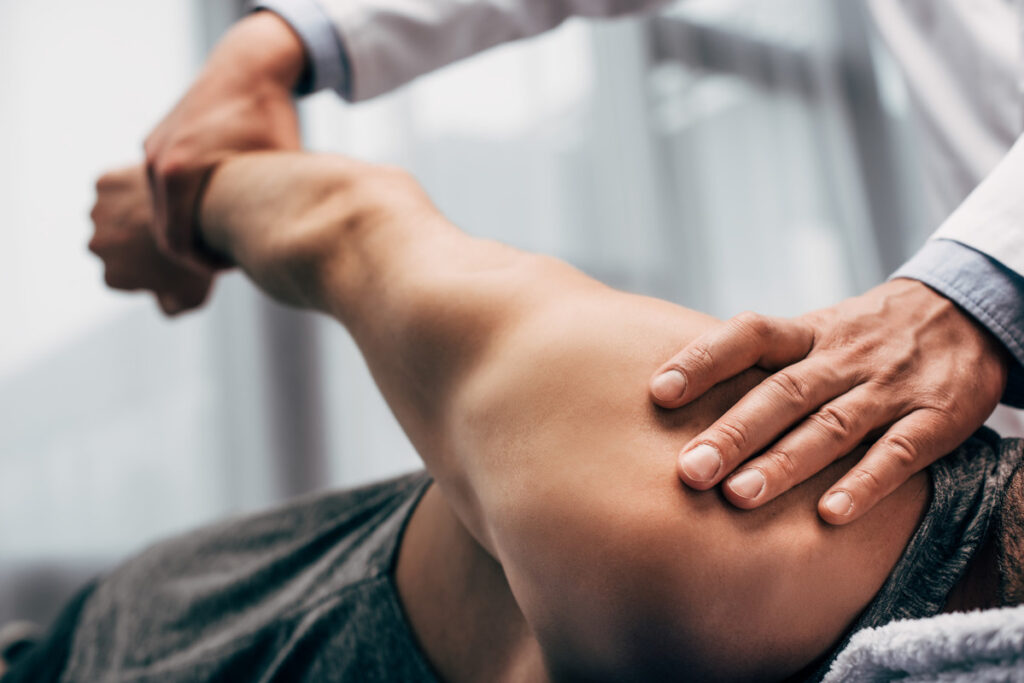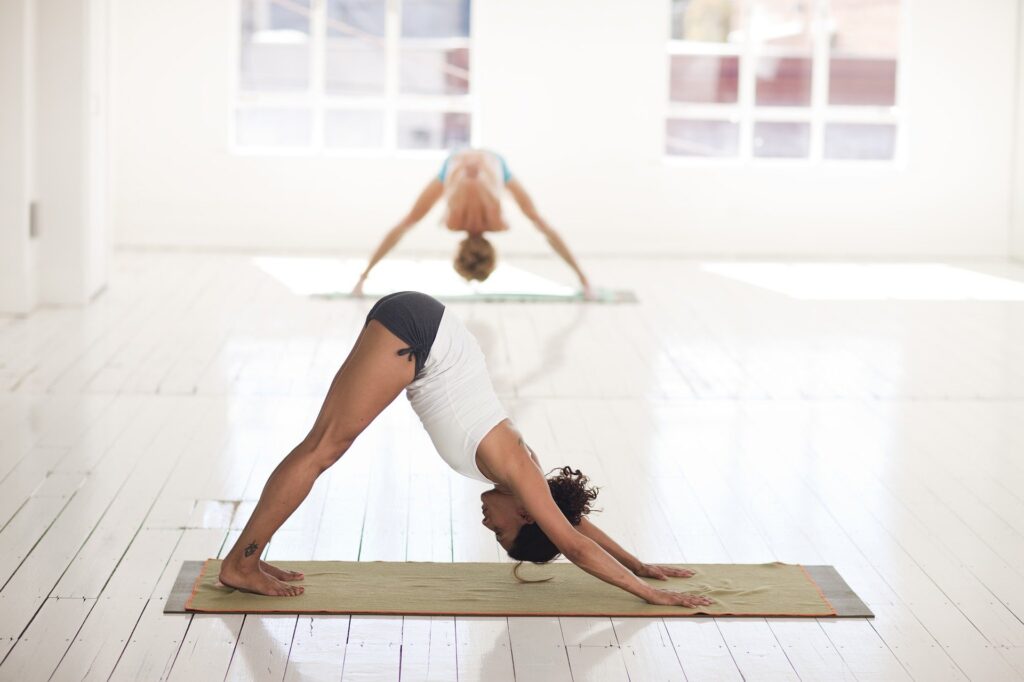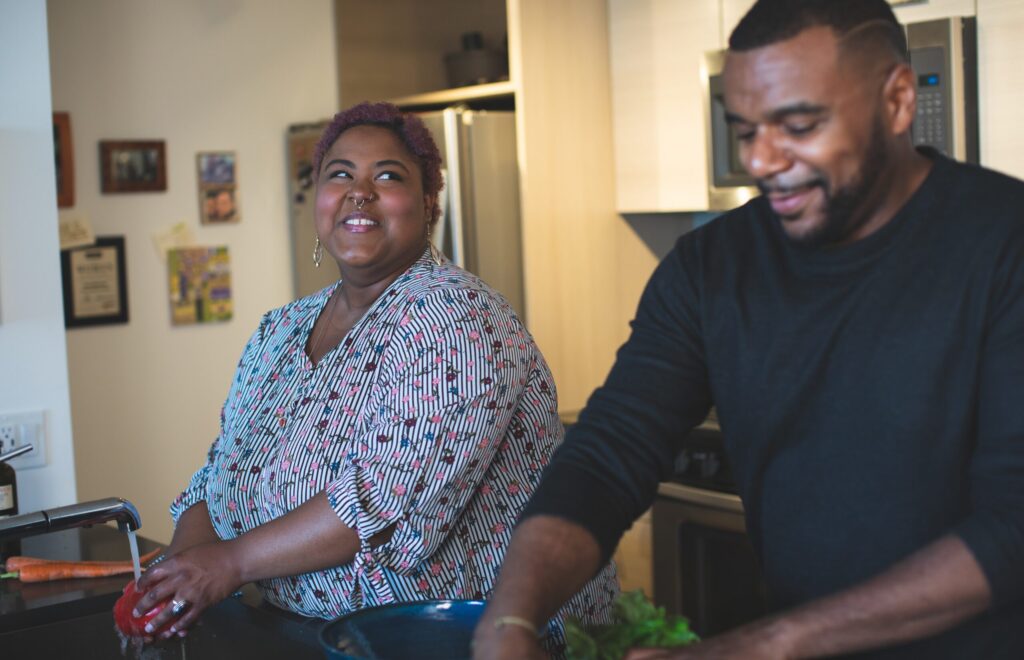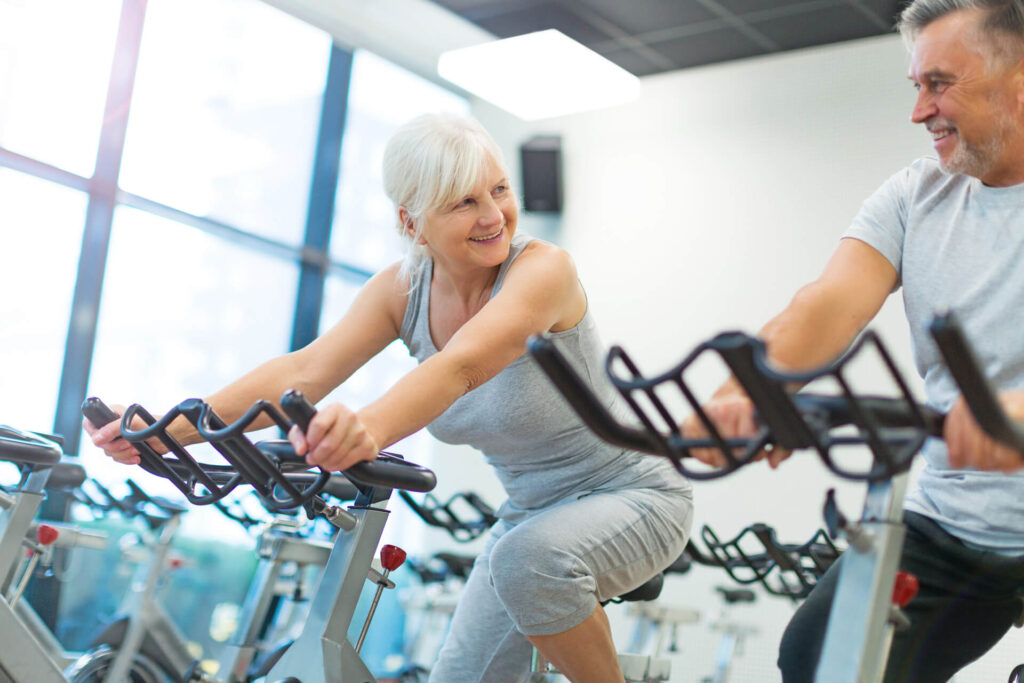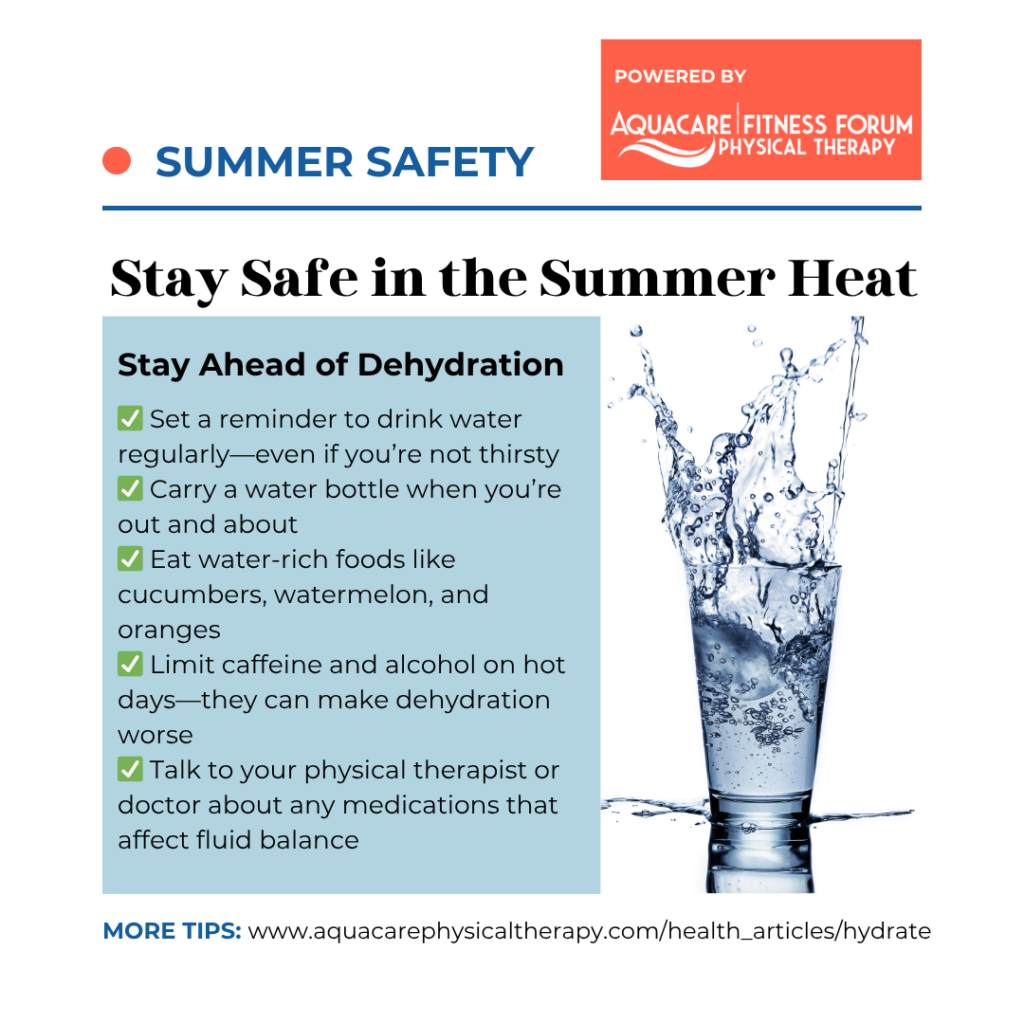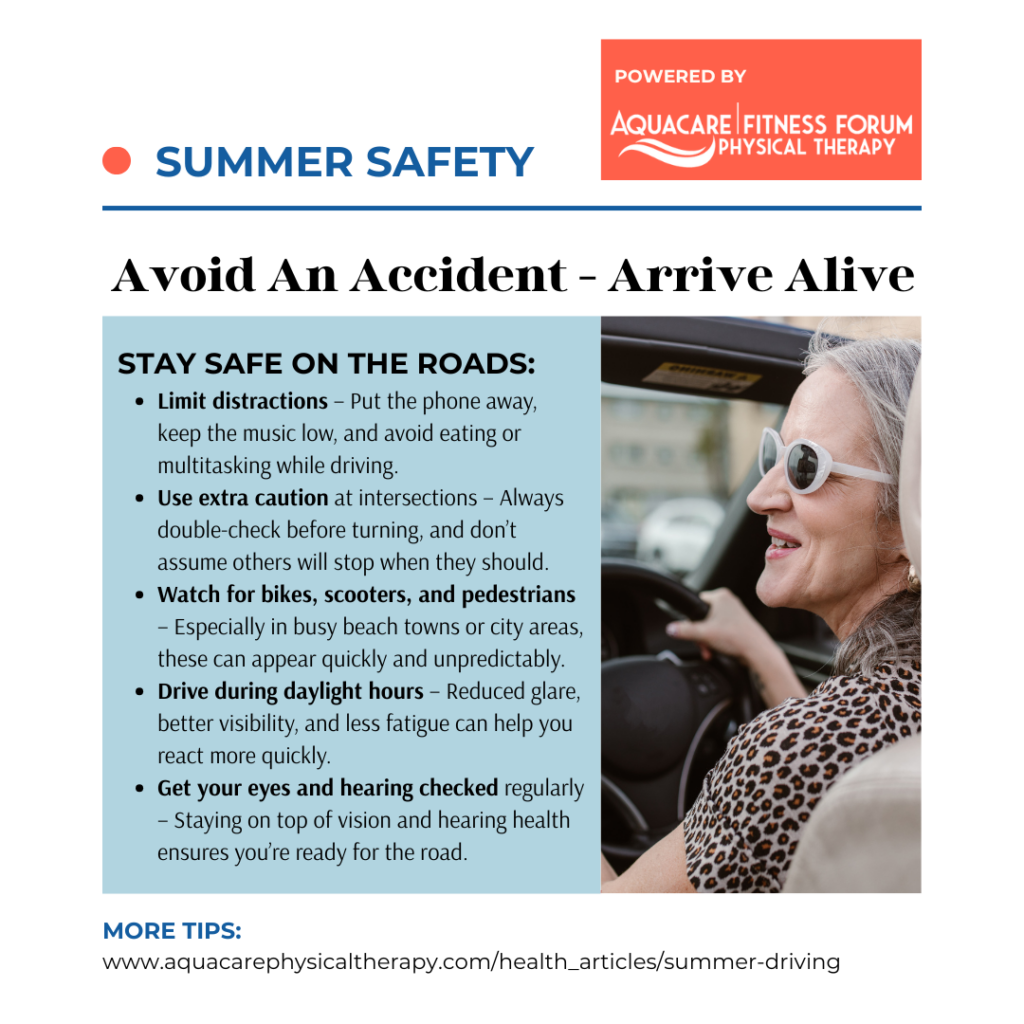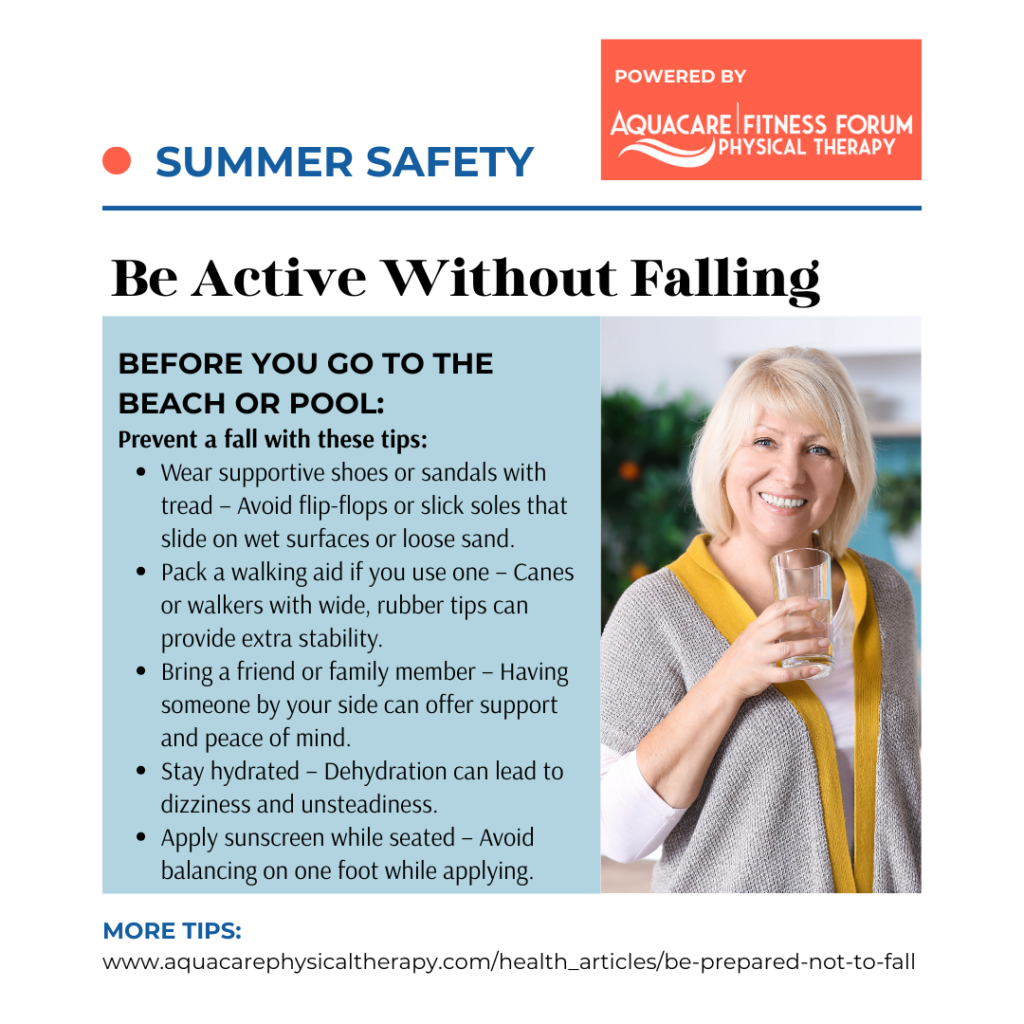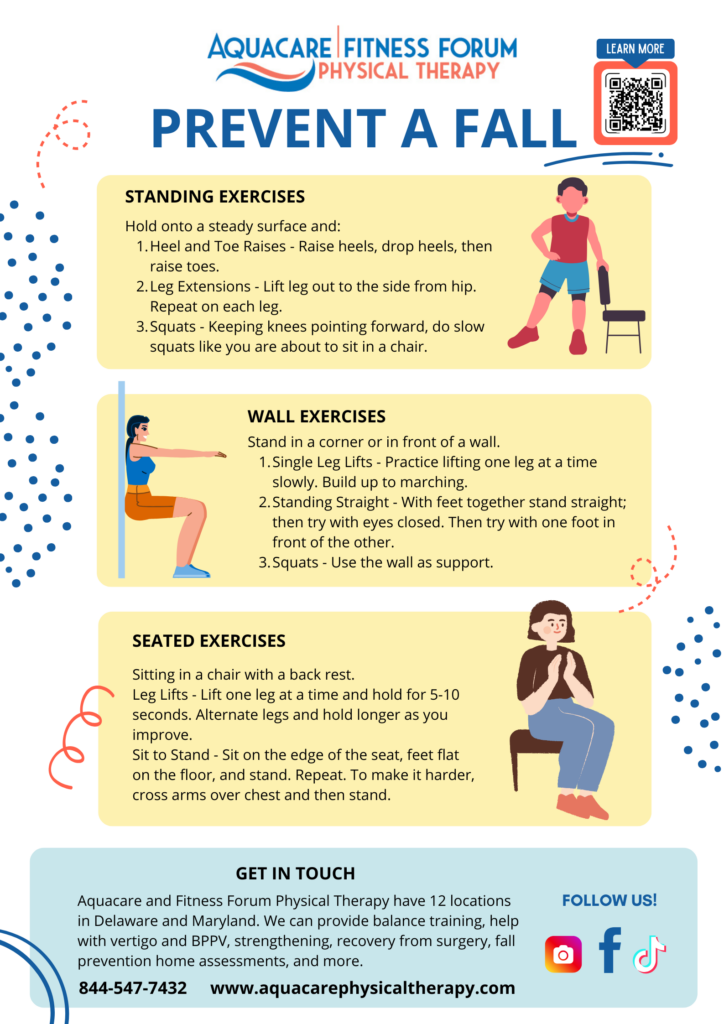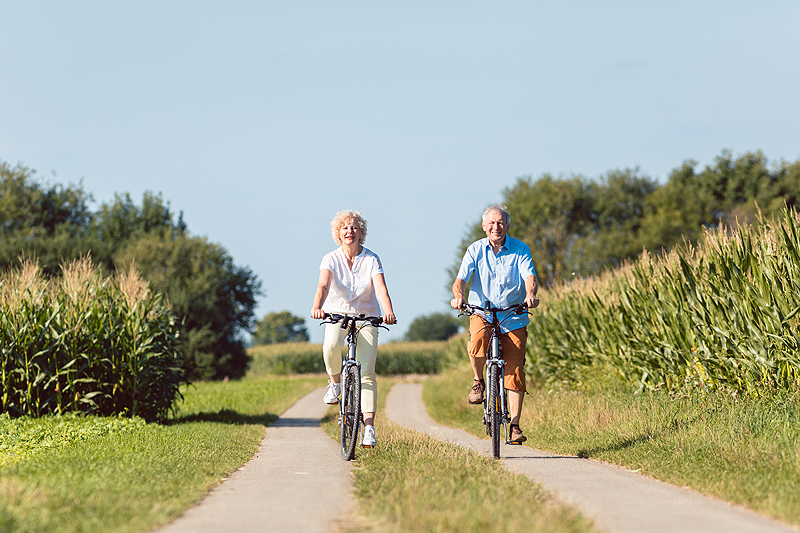
Ways to Stay Active in Retirement

Most of the people work 8 hours a day for 5 days until their retirement. People work constantly for 40-50 years of their life and try to save their energy to see the world, enjoy and relax during their golden years of retirement. It is important to know that our body and mind always work in sync. If you are recently retired or are approaching your retirement or actively working full time you should be thinking about how you’ll keep your mind active outside of a work environment. Ever heard of the saying ‘a healthy body leads to a healthy mind?’ It’s true! If your body is healthy, your mind will also be healthy.
Sometimes, however, life after retirement doesn’t go the way people plan. Without staying active or getting involved in their communities, retirees may become depressed or feel as if they aren’t contributing to society.
It is important to stay active after retirement and here are few reasons why?
Why should we stay active?
- Chronic health problems are a major obstacle to successful retirement.
- Physical activity has a range of physical and mental health benefits. For example, a 2016 review of studies into aerobic training for adults aged 70+ concluded this had benefits for physical health, for the brain and for quality of life.
- Sedentary behavior (spending too long sat down and physically inactive) is associated with an increased risk of diabetes, heart attack and stroke – according to a study of over 50,000 adults.
- The older we get, the weaker our muscles become, so physical activity is essential to maintain our strength, flexibility and endurance – so we can maintain our independence.
- The older we get, the changes happens in all systems of body affecting proprioception, vision, joint health, balance and cognition and combinedly it can affect overall functional levels, Mental health and general health of individual.
Benefits of staying active
Physical activity is one of the few interventions that can restore physiologic capacity after it has been lost. Mild exercise releases endorphins, which are also known as ‘feel good’ hormones. If you engage in regular, moderate exercise you will be happier, healthier, more alert and have more energy.
- Reduced mortality rates, even for smokers and the obese
- Preservation of skeletal muscle strength, aerobic capacity, and bone density, contributing to greater mobility and independence
- Reduced risk of obesity
- Prevention and treatment of cardiovascular disorders (including rehabilitation after heart attack), diabetes, osteoporosis, colon cancer, and psychiatric disorders (especially mood disorders)
- Prevention of falls and fall-related injuries by improving muscle strength, balance, coordination, joint function, and endurance
- Improved functional ability
- Opportunities for social interaction
- Enhanced sense of well-being
- Possibly improved sleep quality
So how can we keep physically active?
Aerobics, Cycling, Gardening, Golf, Jogging, Pilates, Swimming, Tai Chi, Walking and Weight Training – anything that gets you moving is usually good for your health.
Exercise Program: Proper well-planned exercise program can help to strengthen core muscles, improve joint stability and flexibility of the muscles. Exercises programs include any combination of 4 types of exercise: endurance, muscle strengthening, balance training (e.g. tai chi), and flexibility. The combination of exercises recommended depends on the patient’s medical condition and fitness level.
Aquatic Therapy: Aquatic therapy is the use of water and its properties to perform therapeutic exercise and treatment. The water’s buoyancy helps support your weight, decreases stress on your joints and is an excellent form of rehabilitation helping to increase your mobility, strength and flexibility. Performed with the help of a physical therapist, it can be beneficial for patients who are in pain and/or recovering from an injury. It challenges balance without the fear of falling and provides a natural resistance, unlike exercise outside of the water.
Few Other things you can do after retirement:
- Eat right
- Learn New things
- Indulge in cognitive activities
- Become social
- Keep Journal
Call one of our Aquacare Physical Therapy offices today to have consultation with Physical Therapist for any kind of joint pains, balance problems or to have Well-planned Exercises program. You can schedule an appointment without a physicians referral!
Remember, “A healthy body leads to a healthy mind!”

